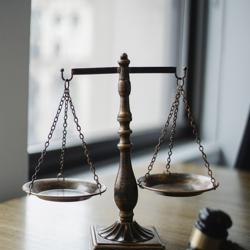
Behind the Book: What Authors Really Want to Know from Your Book Reviews
Dive into the mind of an author with this enlightening guide on what truly matters in a book review. Discover how your feedback can not only enhance a writer’s craft but also influence the journey of their next literary creation. Are you ready to turn your next book review into a powerful tool that shapes the future of literature? Join us to explore how every word you write can make a profound impact.
Read More

